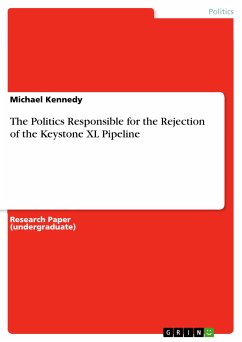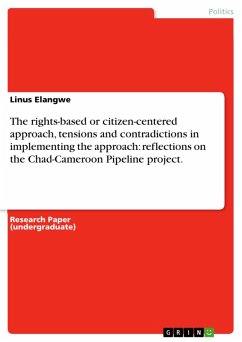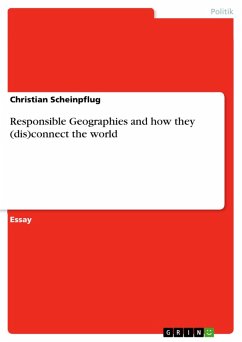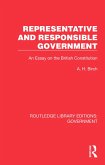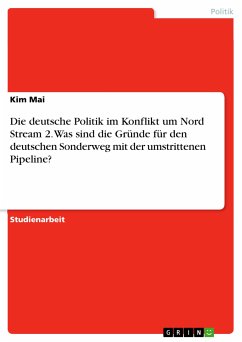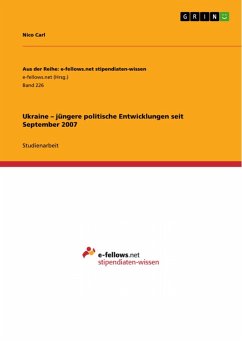Research Paper (undergraduate) from the year 2012 in the subject Politics - Region: USA, grade: A, Webster University, course: U.S. Foreign Policy, language: English, abstract: TransCanada Corporation's Keystone XL Pipeline is a highly contentious matter in Canada and the United States as its proposed construction has been fraught with economic, environmental, and political issues. Since the pipeline was first proposed in 2008 as an extension of the already constructed Keystone Pipeline, the Keystone XL Pipeline has been most strongly opposed by environmental groups and certain political figures. Pressure from these various groups was largely responsible for U.S. President Barack Obama's decision in November 2011 to reject the immediate construction of the pipeline and instead postpone the decision to 2013. The postponementto construct the pipeline waslargely a decision to conduct further investigations of the environmental concerns that opponents to the pipeline have raised. Those in support of the pipeline have suggested that the postponement to 2013 was merely a political ploy in order to avoid the pipeline issue, while appeasing environmentalists, until after the 2012 presidential election. Regardless of the president's reason to delay the pipeline,relations with Canada have been negatively affected, it has continued to solidify U.S. dependence on foreign oil in comparatively more volatile regions, and has increased the Republican-dominated Congress's pressure on the president. These opposing pressures appear to have had a heavy influence on the Obama administration as it now seems that a certain degree of policy backpedalling is evident while the president attempts to appease both sides of the debate.
Dieser Download kann aus rechtlichen Gründen nur mit Rechnungsadresse in A, B, BG, CY, CZ, D, DK, EW, E, FIN, F, GR, HR, H, IRL, I, LT, L, LR, M, NL, PL, P, R, S, SLO, SK ausgeliefert werden.

